Students throughout the United States responded to our call for proposals for the 2024 Collegiate Connections virtual event, which will highlight innovative group projects at universities throughout the United States. The Frances Clark Center is pleased to announce the selected proposals for our event on Friday, April 26, 2024 from 11:00 AM to 12:30 PM Eastern. Interested in attending this virtual event? Learn more and register by clicking here.

Women Composers for Intermediate-Level Students
Ísis Cardoso, Gregório dos Santos Oliveira, Caroline Silva
Georgia State University; Sérgio Gallo, faculty mentor
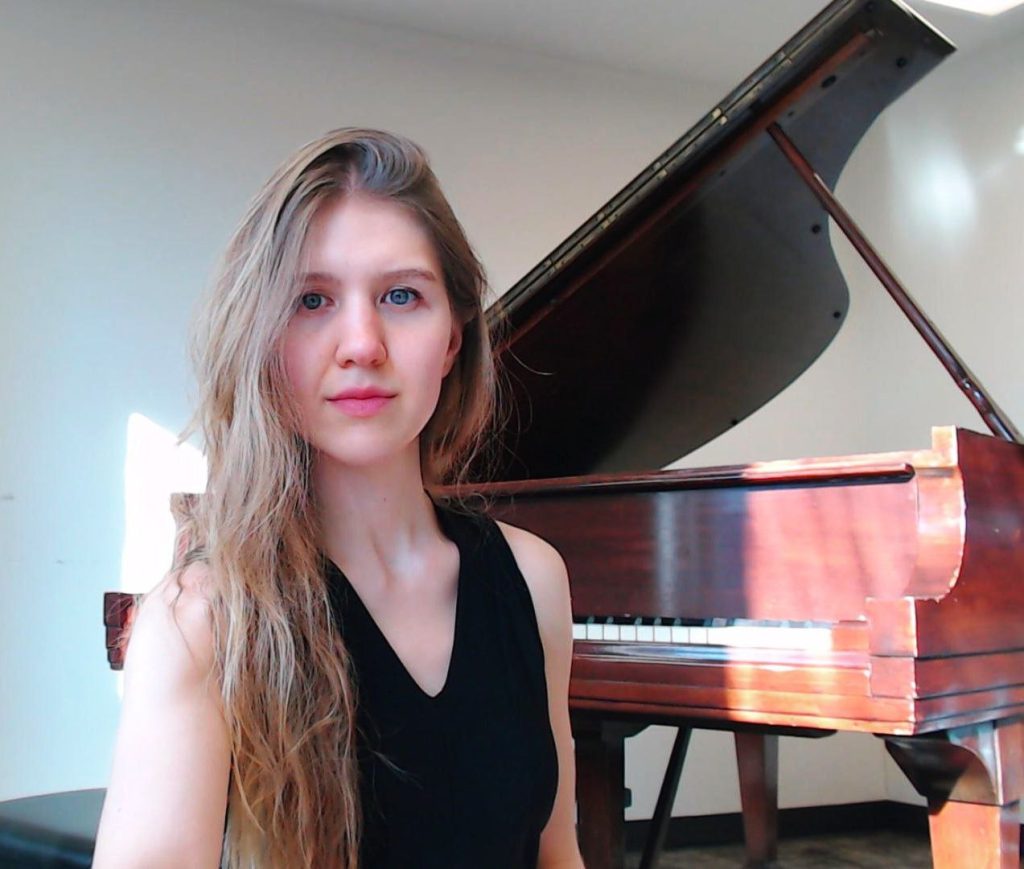
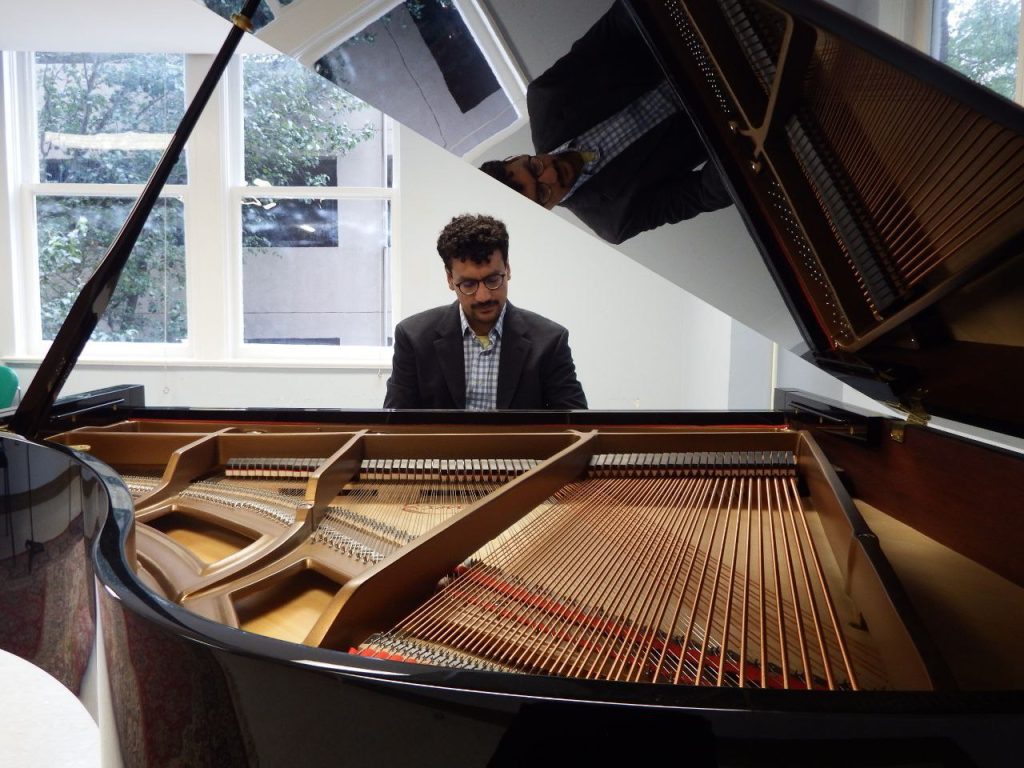
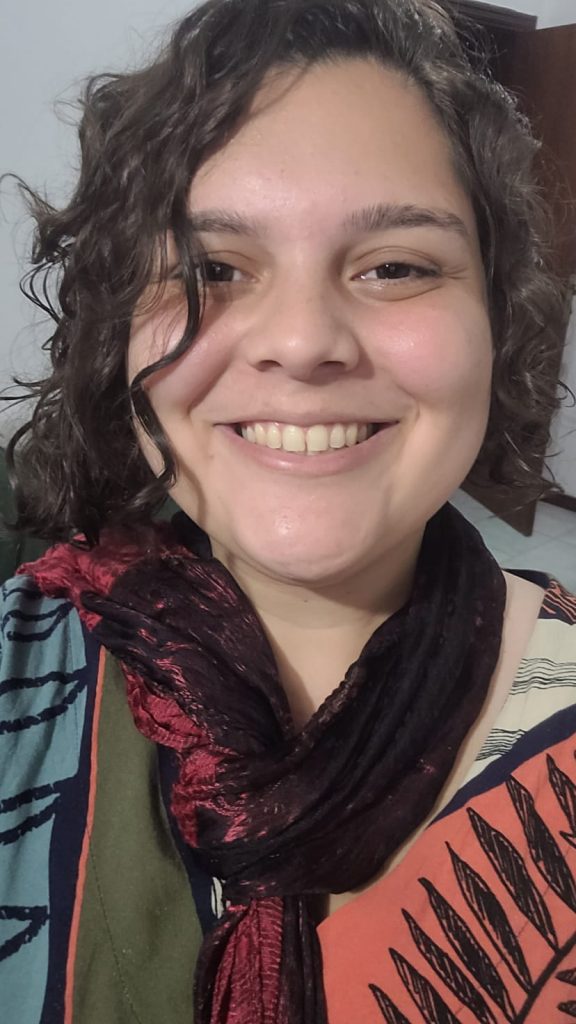
This presentation highlights the contribution of women who ventured into music composition when they were not encouraged to do so and were instead expected to take on the role of performer or teacher. To address this issue, we have selected three composers who were born in the second half of the 19th century in different countries: Chiquinha Gonzaga (1847-1935) – Brazil, Cecile Chaminade (1857-1944) – France, and Florence Price (1887-1953) – USA. These women bravely participated in various musical scenarios and composed a large amount of music, especially for piano.The selected composers have vastly different styles, but they all have a significant number of works in their catalog that are suitable for intermediate-level learners and have excellent pedagogical value.
Diversifying Soundscapes from Beginners’ Teaching Methods
Justin Gjata, Boqian Jing, Anna Pastrana, Kyungmin Yang
Roosevelt University; Yeeseon Kwon, faculty mentor




Elementary piano methods today utilize a majority of consonant sounding pieces in various styles. Rather than gatekeeping modern, atonal sounds to the advanced realm of music, it is both possible and intuitive to introduce the sounds of atonality to children’s methods. By presenting the concepts of bi-tonality, clusters, polyrhythms, improvisation, and more, young students will experience the sounds of modern music naturally. The aim of this project is to provide a model with examples of how these modern concepts can be reduced within palatable lessons to fit within an elementary method. As a group project, three pieces selected from various children’s methods have been creatively adapted to introduce contemporary compositional techniques and atonal styles. We will demonstrate how the original teaching music was adapted to incorporate a diverse soundscape.
Music and Storytelling: Developing Imagination through the Use of AI
Ashley-May Burkhardt, Le Binh Anh Nguyen
University of Cincinnati; Michelle Conda, faculty mentor

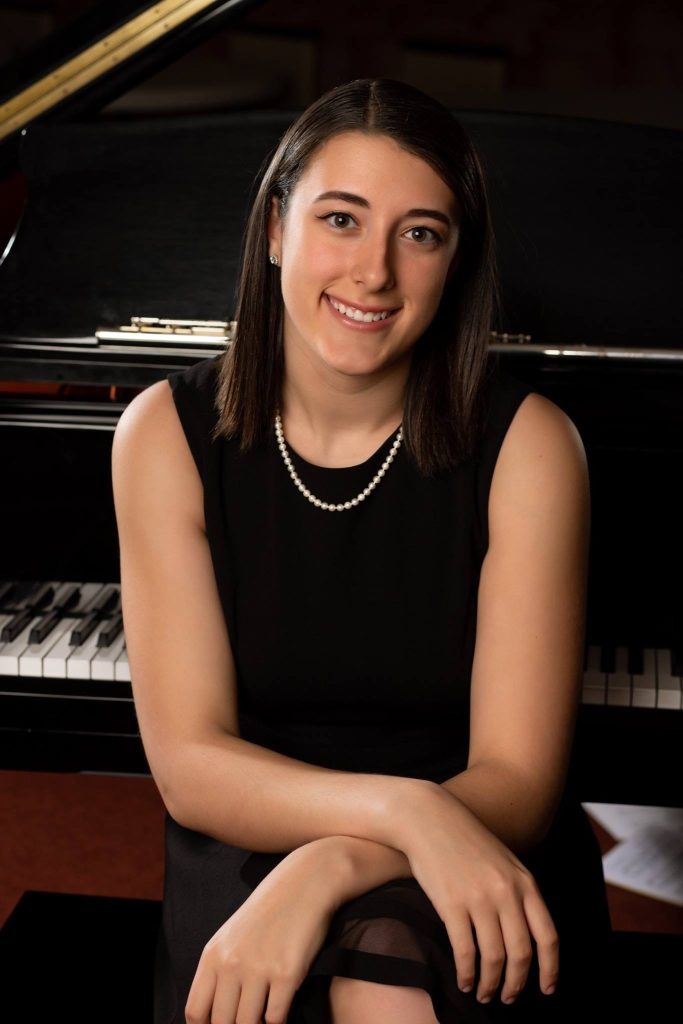
Music and Storytelling: Developing Imagination through the Use of AI is an innovative workshop series designed to introduce young children to the narrative qualities in classical music through the use of Artificial Intelligence (AI). Our mission is to allow the endless imaginations of children to take form through musical stories created in real-time. Up until this point, we have tailored our workshops to the individual needs of various music centers, primary schools, and notably, children’s hospitals. The next phase involves refining our strategy to enhance the immersive experience for diverse demographic groups, while also examining the possibilities for fostering AI literacy through music workshops. This workshop series embraces a technology-driven approach to bridge the gap between abstract concepts and tangible outcomes. By combining music, storytelling, and AI, we offer a unique and innovative educational experience that not only teaches children about the arts but also ignites their wanting to engage with AI technologies.
Unveiling Mel Bonis’ Musical Tales: A Journey through “Album pour les Tout-Petits, Op. 103”
Bradley Bee, Grant Crowder, Lynn Worcester Jones, Helena Rosa, Ivy Smith
University of Tennessee at Chattanooga; Lynn Worcester Jones, faculty mentor
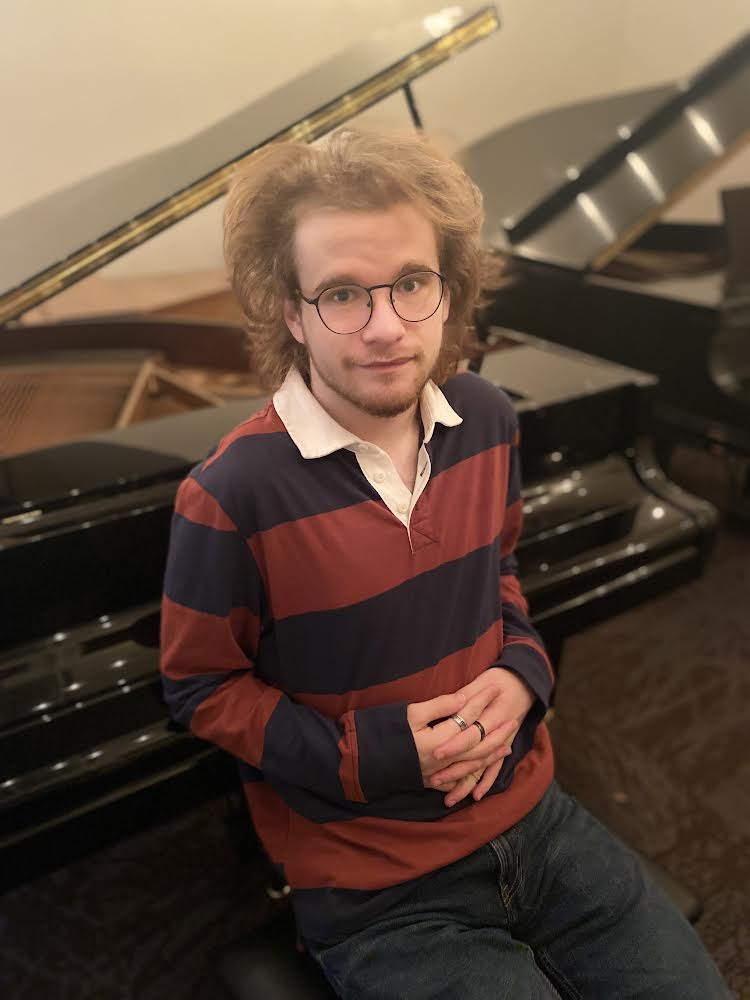
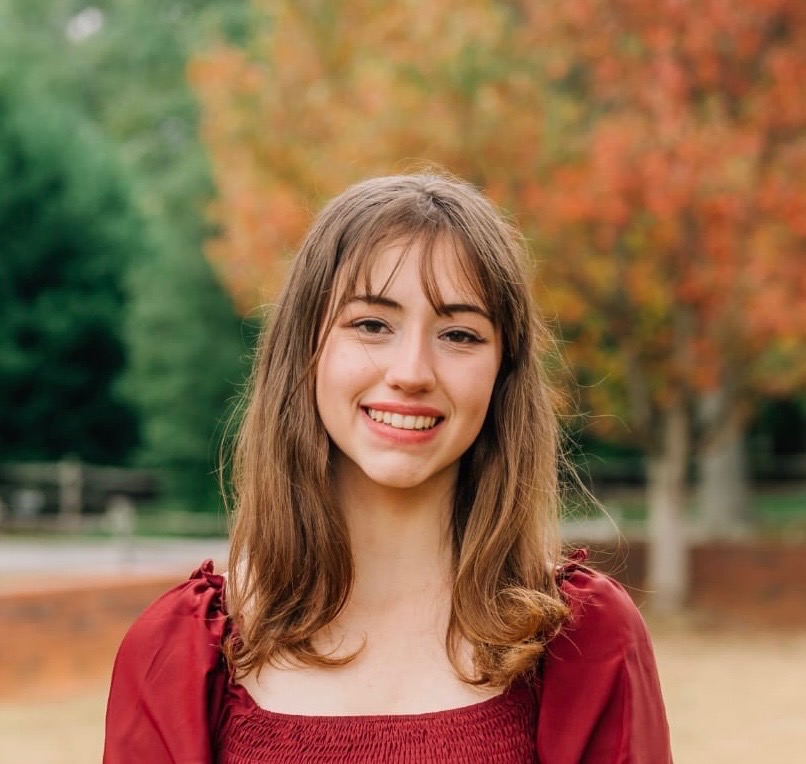


Mélanie Hélène Bonis (1858-1937) distinguished herself as a fine pianist and composer, publishing over 150 works for solo piano. To navigate the societal challenges faced by women in the French haute bourgeoisie, she published her compositions under the abbreviated name ‘Mel’. Influenced by Chabrier, Chausson, and Debussy—fellow students at the Paris Conservatoire—her compositional style exhibits a unique blend of their influences. Bonis infused her works with a distinctive approach to rhythm, harmony, tone color, revealing a playful sense to her compositions. This presentation invites the audience on an enchanting exploration of Mel Bonis’ lesser-known gem, “Album pour let Tout-Petits, Op. 103.” Comprising a collection of charming solo piano pieces, this album is a musical treasure trove designed for the early intermediate pianist (Level 3-5). Dive into the whimsical world of this unknown Album for the Young as we unravel the delightful narratives encapsulated in Bonis’ miniatures.
Honorable Mentions:
Professor’s Corner: Teaching Masterclasses
Khanh Nhi Luong (Michigan), Le Binh Anh Nguyen (Cincinnati), Jasmine Wong (Michigan)
University of Cincinnati / University of Michigan; John Ellis, faculty mentor
Making a Music Major: Helping Your Student Successfully Transition to College
Lizzie French, Sharon Hui
University of Colorado Boulder; Jennifer Hayghe, faculty mentor
Congratulations to all participants and applicants! We look forward to highlighting the outstanding work of pedagogy and collegiate groups and to foster global community engagement among our collegiate cohorts and faculty. Learn more and register by clicking here.